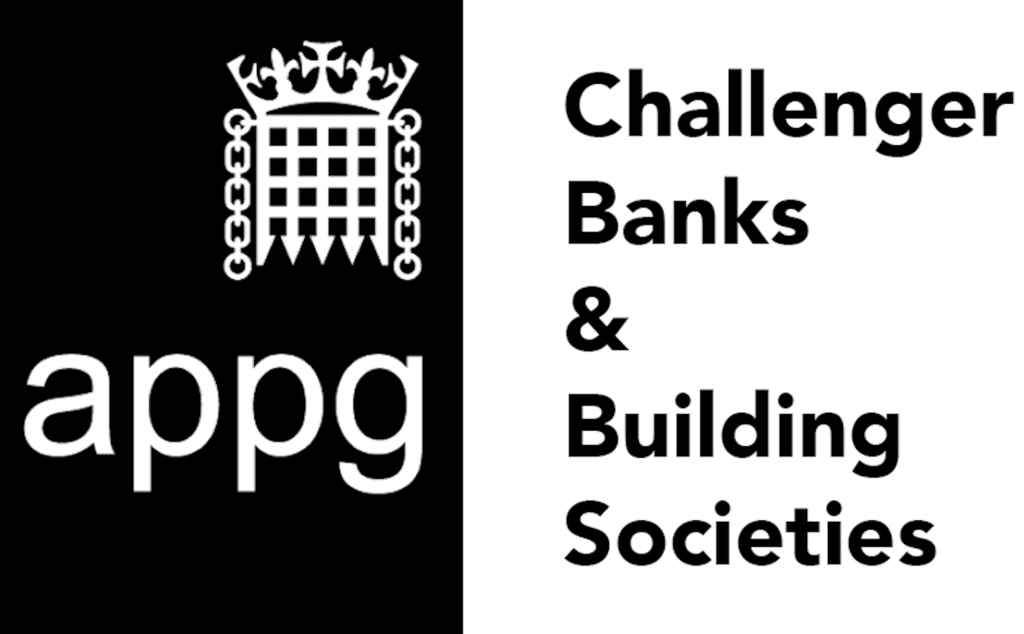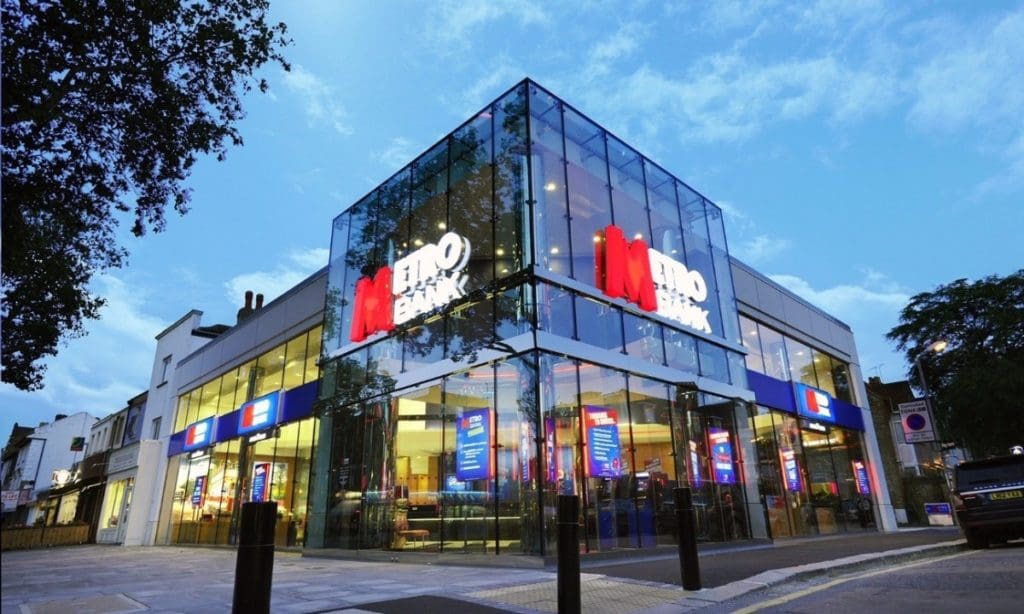The UK’s “leveling-up” agenda for post-Brexit Britain has been much discussed.
Described as “a moral, social and economic program for the whole of government,” it aims to spread equal opportunities evenly across the UK.
The white paper for the plan states, “While talent is spread equally across our country, the opportunity is not. Leveling up is a mission to challenge, and change, that unfairness. Leveling up means allowing everyone to flourish.”
To do this, the government has set out a plan for investment and development in different sectors, from employment to public services to empowering local leaders. Within this, they state six drivers that will facilitate this “leveling up”:
- Physical capital – infrastructure, machines, and housing.
- Human capital – the skills, health, and experience of the workforce.
- Intangible capital – innovation, ideas, and patents.
- Financial capital – resources supporting the financing of companies.
- Social capital – the strength of communities, relationships, and trust.
- Institutional capital – local leadership, capacity, and capability.
In response, the All-Party Parliamentary Group (APPG) for Challenger Banks and Building Societies (CBBS) has conducted a report examining the financial services sector’s role in this agenda.

The role of challenger banks in Leveling Up
The report called for evidence from challenger banks, fintechs, and building societies, asking various questions to determine their role in furthering the leveling up agenda.
Much of the responses focused on lending to SMEs, an area which many found to be underserved by the five major incumbent banks to date.
Metro Bank stated that there continue to be significant disparities in access to funding across the UK according to location. This was shown to reflect directly on the productivity of the businesses.
According to the report, currently, the primary access to funding from SMEs comes from banks; however, between 2017 and 2020, there was no significant increase in SME funding from the five biggest banks. Instead, the funding had been fulfilled by smaller banks and challengers.
It was found that there was a lack of regulatory incentives for large banks to lend to SMEs in areas that in the past had struggled to gain access to funding. It, therefore, left niche banks and lenders to further push the leveling up agenda forwards by reaching these areas.
These banks were also found to have more flexibility to adjust according to customers’ needs. Metro bank, in particular, cited their additional training to cater to niche groups that needed extra services, such as care leavers and armed forces.

Fintechs could make a significant difference, too
Fintechs were also seen to significantly contribute to the UK’s ability to level up, especially as the finance sector becomes increasingly digitized. Hyperjar argued that fintechs were “nimbler” than banks relying on additional factors instead of the traditional “savers deposits balance sheet.”
They mentioned the rise of four trends in the fintech space, which had changed the landscape for many regarding financial access.
Neobanks are increasingly interactive and user-friendly, organized according to individual preferences.
Buy now Pay later, although controversial, for Hyperjar was seen to show evidence of “a confluence between payment and merchant services that enables an exchange of value between consumer and merchant that went beyond the purchase itself.”
Digital Currencies (and digital assets), after hitting the world by storm, have just started to be integrated into incumbent institutions and traditional finance. However, fintechs have been at the forefront of improving accessibility to consumers as an additional wealth creation tool.
Hyperjar saw Merchant Cash Advance as an example of how data generated outside the bank channel can be used to underpin credit decisions. This was especially prevalent for SMEs and their access to finance.
Fintech solutions such as Open Banking were also seen to enrich access to finance, streamlining application processes and verifying financial information for access to grants, social tariffs, and other discretionary support.
Additionally, the role of fintech in improving financial education was found by many respondents to be essential. GoHenry, one of the leaders in financial education for children, showed in their economic modeling research that £6.98 billion into the UK economy each year (£200bn by 2050). Although the APPG report suggested that this focus on financial education should be moved into the realms of educational institutions, they recognized the support fintechs could bring.
Regulatory constraints stifling competition
The report found that the regulation of financial services that currently exist within the UK goes a long way towards constraining the “leveling up” potential of the market.
“The UK’s one-size-fits-all regulatory model for banks – challengers, building societies and institutions big and small isn’t working. This is not caused by the day-to-day realities of the UK economy or recent events such as COVID but a deeper structural malaise.” said the Rt Hon Karen Bradley MP.

In the APPG’s view, the current regulation not only stifles the financial services’ ability to reach the underserved in the UK but also hinders them internationally.
The scathing view of the existing regulation focuses on the minimum requirement for own funds and eligible liabilities (MREL), suggesting the low threshold in the UK shields large banks from competition.
They state, “How can challenger institutions here compete with a £15 billion threshold when in other jurisdictions such as the EU the threshold is €100bn and the United States $250bn? This might make supervision easier for financial regulators. Still, it is permanently leveling down the rest of the UK and preventing competition in the banking sector from driving innovation and growth.”
The accountancy firm, EY, corroborates this view in their MREL paper of September 2021, which found that lending due to MREL was £42 billion over five years. The APPG feels a sum would significantly impact the leveling-up agenda.
For mid-sized and challenger banks and smaller building societies, the costs to work within this segment are seen to cripple their ability to grow. Robin Fieth from the Building Societies Association told the APPG that the cost of regulation for a small building society per million pounds of assets is ten times as much as it is for a large bank.
In addition, Metro bank stated that they “could open 40 more stores delivering an additional £3 billion in additional lending capacity if it were not for the regulatory restrictions placed upon them.”
Financial services and markets bill
Since starting the APPG report in early 2022, the UK government has published its Financial Services & Markets Bill (FSMB). The bill is seen to aid in driving forward some of the initiatives proposed by the APPG.
The bill aims to “bolster competitiveness,” embracing certain aspects of fintech and adjusting regulatory standards to nurture their development. The document introduces secondary objectives for the regulatory bodies aimed at growth and implements elements of the Financial Services Regulatory Framework review.
If the bill goes through in its current state, regulators will be more agile and have greater flexibility regarding adjusting rules according to the market’s development.
The APPG report is optimistic about the bill, seeing it as an opportunity to make the significant changes needed to level up.
“Government has a choice,” it states. “It can either simply talk about reform and make pronouncements on what it would like to see, or it can take action to deliver meaningful change which will drive leveling-up.”
A financial services ‘Big Bang’
Despite the introduction of the FSMB, the APPG does not feel the bill takes the market far enough to support the leveling-up agenda fully. They instead called for a regulatory “Big Bang” for the financial services, stating,
“A lack of effective competition in the UK banking sector means poorer availability of lending for both consumers and small businesses, particularly outside London and the South East, which acts as a significant brake on leveling-up the economy.”

“While the APPG welcomes the new secondary objective to facilitate growth and competition in the Financial Services and Markets Bill, it does not go far enough. It is time for a new Big Bang to break the restrictive regulatory practices which enshrine the dominance and market share of the big five banks.”
The “Big Bang” terminology has been used on several occasions, namely by Rishi Sunak, the previous Chancellor of the Exchequer, in January 2021; however, progress is seen to be slow. This week, Kwasi Kwarteng, his successor, promised to deliver on the “Big Bang 2.0” with sweeping financial reform.
The APPG report sees the FSMB as the golden opportunity to do this. “The Government should use the Financial Services and Markets Bill to drive fundamental change in the UK’s financial sector to make it fit for the 21st Century,” it states.
“The regulators should be aiming higher than just facilitating growth and competition, aiming instead to design a regulatory landscape which will support the growth and development of new building societies and regional and community-focused banks as seen in the United States.”


